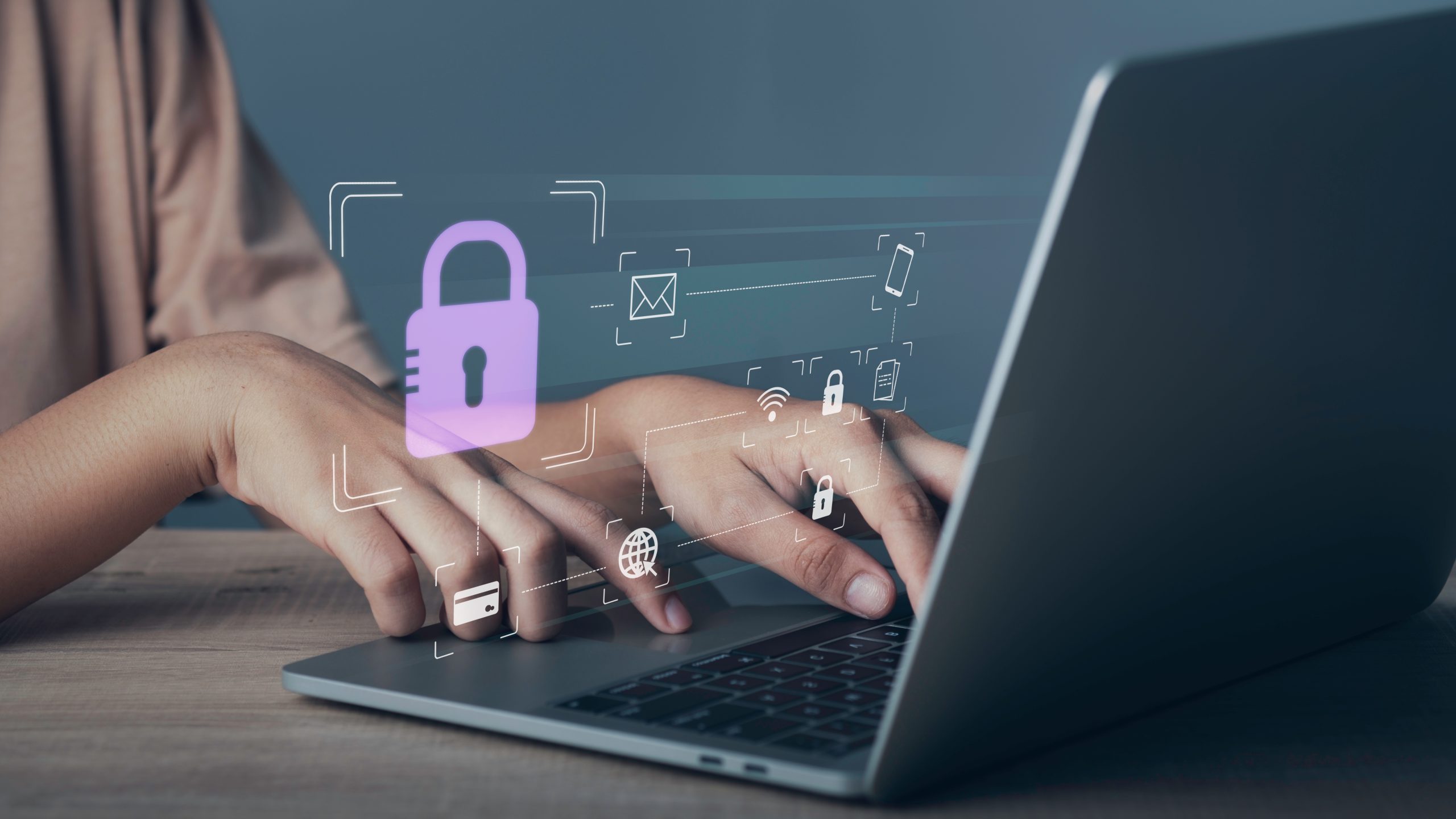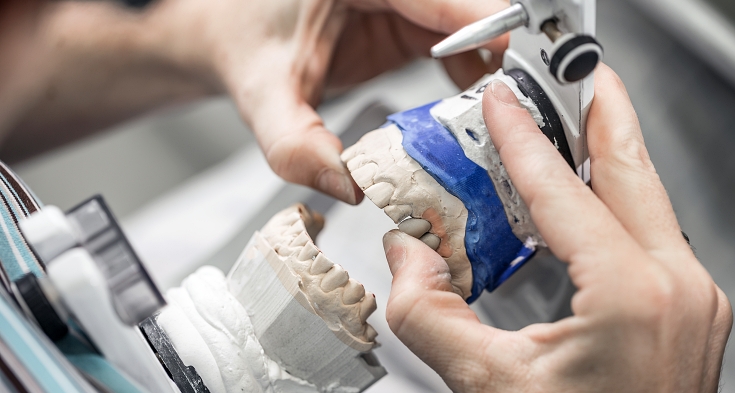
When it comes to protecting your crypto assets, several best practices can help you ensure a safe and secure environment. Here are some tips to keep in mind when trying to protect your crypto assets:
1. Do Not Self-Custody Private Keys
It is not advisable for most people to self-custody their private keys for cryptocurrency accounts. While it may seem appealing to have full control over your crypto assets and funds, it also comes with significant risks and responsibilities. If you lose, forget, or have your private keys stolen, you could permanently lose access to your funds with no recourse.
To protect your crypto assets, it is better to use a reputable cryptocurrency exchange or wallet service. These services have strong security measures and backup systems in place to prevent loss of funds. They also have dedicated support teams to help users if any issues arise. The small fees charged by these services are worth the peace of mind and protection they provide for your digital assets. For the average crypto owner, self-custody of private keys is not necessary and not recommended.
2. Spread Assets Across More Than One Digital Wallet
To protect your cryptocurrency assets, it is advisable to spread them across more than one digital wallet. Having all your crypto holdings in a single wallet poses some risks. If that wallet is compromised or hacked, you could lose access to all your assets. By distributing your assets across multiple wallets, you reduce the impact if one wallet is compromised. Even if one wallet is hacked or you lose access to it, you still have your crypto assets in the other wallets.
This also allows you to use different wallets for different purposes. For example, you can use one wallet to store assets for trading and another to hold assets for long-term investment. Using multiple wallets adds an extra layer of security to protect your valuable crypto assets. However, you need to ensure you keep backups of all your wallet keys or seeds in a safe location and take appropriate measures to secure each of the wallets.
3. Use Cold Wallets And Hot Wallets

To protect your cryptocurrency assets, it is recommended to use both cold wallets and hot wallets.
Cold wallets are hardware devices that store your private keys offline. They are not connected to the Internet, so they are more secure from hacking and theft. However, they are less convenient to access as you have to physically connect the device. Examples of cold wallets include Ledger and Trezor hardware wallets.
Hot wallets refer to software wallets that are connected to the Internet. They are more convenient to use but are vulnerable to hacking and malware attacks. Only keep small amounts of crypto in hot wallets and use strong passwords or encryption. Examples of hot wallets include Exodus, Coinbase, and Binance wallets.
By using a combination of cold wallets and hot wallets, you can enjoy both security and convenience. Store the majority of your cryptocurrency in cold wallets and only keep small amounts in hot wallets for daily spending and trading.
4. Implement Cryptocurrency Security Policies To Reduce the Risk
Cryptocurrency security policies should be implemented across all levels of an organization to protect crypto assets. These policies should include risk assessment and management protocols, as well as best practices for mitigating threats posed by malicious actors.
Organizations can also implement processes such as multi-factor authentication to verify user identity and prevent unauthorized access to accounts or wallets.
Additionally, it is important to ensure that funds are stored securely in cold storage, which offers greater protection than hot wallets due to their offline nature. Regular audits of the security systems should also be conducted to detect any potential vulnerabilities. Finally, organizations should ensure they have a comprehensive backup plan for their crypto assets in the event of a disaster or system failure. Adopting these measures will help reduce the risks associated with managing cryptocurrency and ensure the safety of users’ funds.
5. Conduct Your Due Diligence on Security

When investing in cryptocurrency, it is important to protect your crypto assets from hackers and other malicious actors. That’s why conducting due diligence on a company’s security measures should be an integral part of any investor’s decision-making process. Assessing the security protocols of a company can help you determine its ability to protect your investments and mitigate potential risks.
You want to make sure that the company has comprehensive security measures in place, such as two-factor authentication, encryption technology, and reliable customer support systems. Additionally, it’s important to understand how a company stores its data—this will give you insight into its approach to safety and security. Paying attention to these details now can save you money down the line when it comes to protecting your crypto assets. Doing your due diligence can help you make informed decisions when it comes to investing in cryptocurrency, and minimize the risk of falling victim to malicious actors.
There are many ways to protect crypto assets and minimize risks. Some steps that can be taken include learning about the crypto asset market, researching potential investments before making decisions, diversifying portfolios, and using secure wallets to store coins. When you come to us, our crypto lawyers and asset protection specialists will provide advice on the best ways to protect crypto assets. We can also help set up a limited liability company or trust to further secure your portfolio and create an added layer of protection for your investments. Additionally, we provide our clients with access to risk management tools such as market analytics and hedging strategies that will enable them to make informed decisions when investing in digital currencies. With our guidance, you can be confident that your funds are safe from any potential losses due to market volatility or other risks. Investing in digital currencies is a big decision and should not be taken lightly – let us help you protect your crypto assets today. Call us today at (561) 770-3335 for more information!





